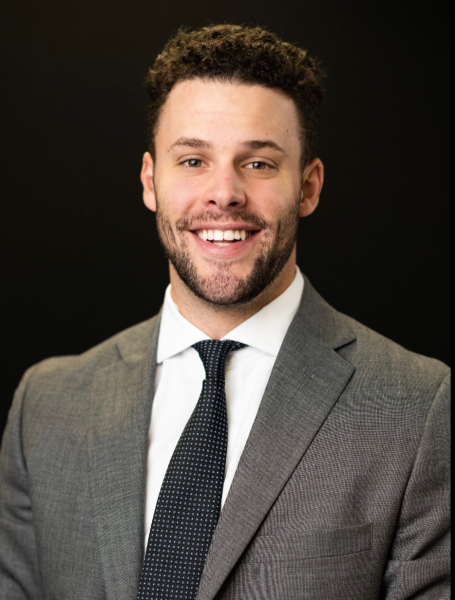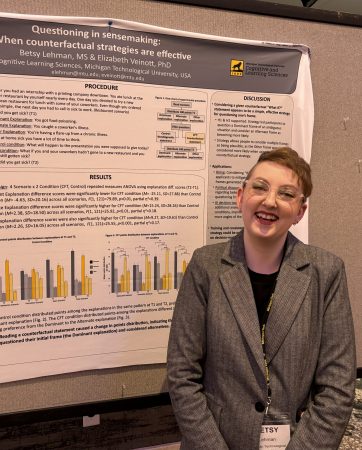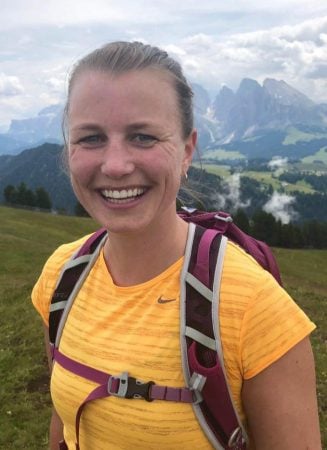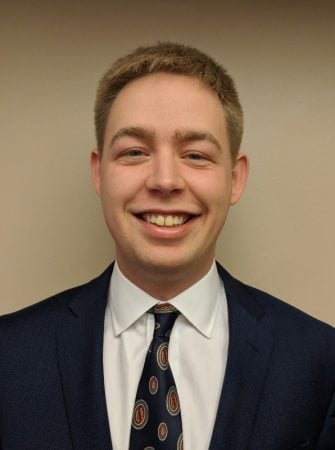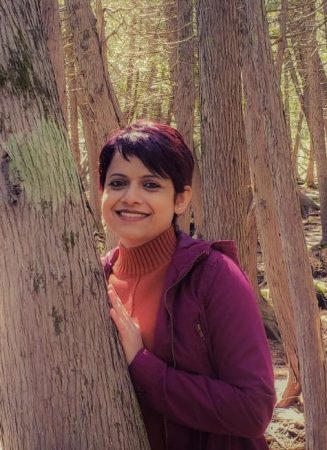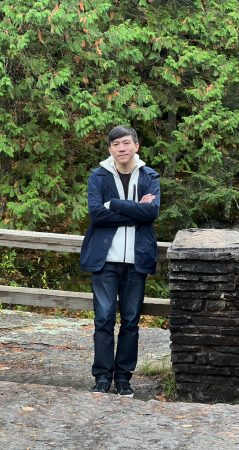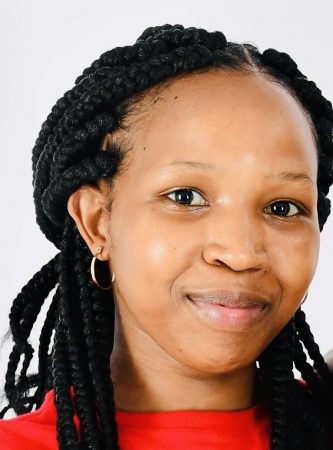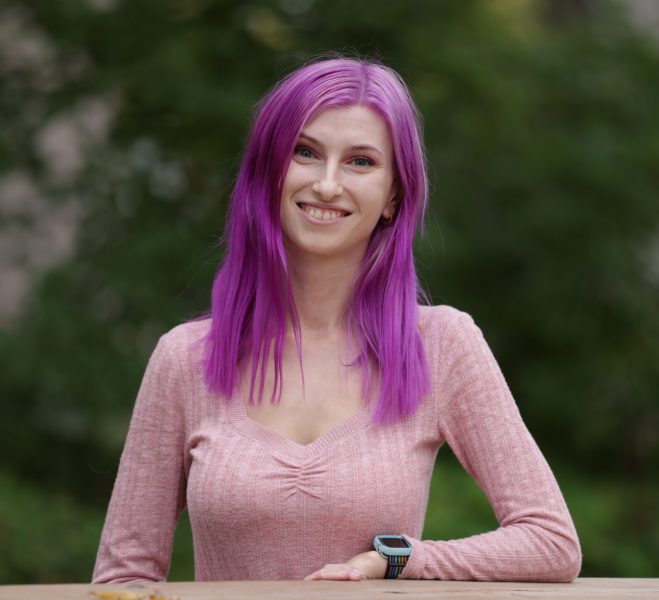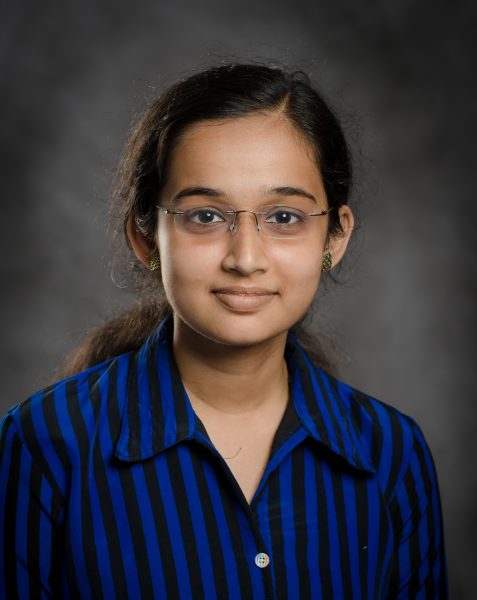I am grateful to be recognized as an honorable mention for the MAGS Distinguished Master’s Thesis Award. The completion of my project: “Exercise Is Medicine® on Campus: A National Analysis and Assessment of Community Impact” would not have been able to happen if not for my advisor Dr. Steven Elmer, my committee members Dr. Kamm and Dr. Petushek, as well as support from my lab members and the KIP department. As I work towards my dream of earning a medical degree and becoming a rural physician, Michigan Tech and Houghton will forever have a place in my heart.
Dr. Elmer and his lab introduced me to the American College of Sports Medicine’s Exercise is Medicine® On Campus (EIM-OC) initiative, which calls upon colleges and universities to promote physical activity on their campuses as a vital sign of health. This immediately became the forefront of my master’s thesis, as I was able to perform a national analysis of the distribution and impact of this 15-year initiative, while concurrently promoting physical activity on Michigan Tech’s campus and the surrounding Houghton County. Collectively, the findings from my thesis may help direct EIM-OC efforts to combat physical inactivity and improve health on campuses and their surrounding communities.
I would like to thank Dr. Elmer and the KIP Department for supporting me as a graduate student and providing me with opportunity to travel across the country to disseminate my work at regional and national conferences, as well as on campus and within the local community. Furthermore, I would like to thank the Houghton community for allowing me to contribute to local youth initiatives by teaching junior golf at Portage Lake Golf Course, and volunteer assistant coaching for the Houghton Gremlins JV hockey team. These are memories that I will never forget and I will be forever grateful for.
